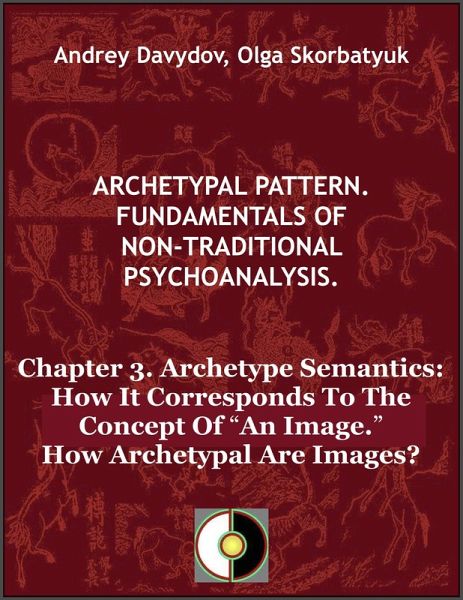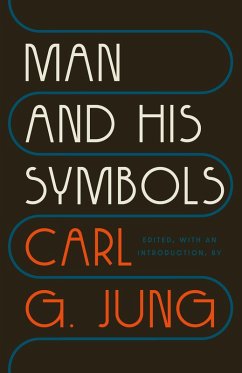
Chapter 3. Archetype Semantics: How It Corresponds To The Concept Of "An Image." How Archetypal Are Images? (Archetypal Pattern. Fundamentals Of Non-Traditional Psychoanalysis., #3) (eBook, ePUB)
Sofort per Download lieferbar
18,49 €
inkl. MwSt.

PAYBACK Punkte
0 °P sammeln!
The authors reason that logically an archetype in its traditional consideration cannot be that prototype (preimage), which, as an initial idea, determines the individual human psyche because by definition it belongs to culture-it is its artifact. Consequently, according to existing semantics, an archetype can be anything except an archetype as an idea. This scientific paper examines whether semantics of an archetype in its traditional sense corresponds to the concept of "an image" if an image is considered in terms of "a copy", "a duplicate"; can an archetype of culture be seriously considered...
The authors reason that logically an archetype in its traditional consideration cannot be that prototype (preimage), which, as an initial idea, determines the individual human psyche because by definition it belongs to culture-it is its artifact. Consequently, according to existing semantics, an archetype can be anything except an archetype as an idea. This scientific paper examines whether semantics of an archetype in its traditional sense corresponds to the concept of "an image" if an image is considered in terms of "a copy", "a duplicate"; can an archetype of culture be seriously considered as something that directly forms individual human psyche, as a structure that appeared long before symbolism? The authors think that not every image is archetypal because not every image is equal to prototype (preimage), as an initial idea corresponding to the concept of "an archetype." An image is archetypal only when it is an individual value, which, through natural analogues, allows a person to learn about his own self and learn about his individual qualities, recorded in the individual structure of psyche, which, as a result, provides a person with a possibility to legalize his own innate qualities.
Dieser Download kann aus rechtlichen Gründen nur mit Rechnungsadresse in A, B, CY, CZ, D, DK, EW, E, FIN, F, GR, H, IRL, I, LT, L, LR, M, NL, PL, P, R, S, SLO, SK ausgeliefert werden.













